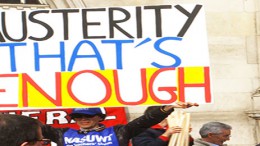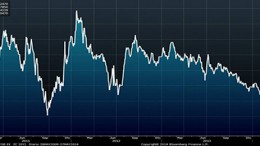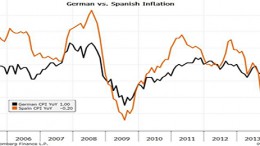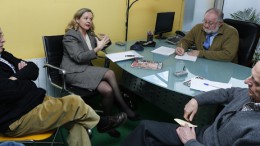All eyes on the ECB
LONDON | Barclays analysts invite you to answer the following question: What action do you expect the ECB to take at its Thursday 5 June meeting? The survey closes at 10am London time on Thursday, 5 June 2014, and the results will be published at noon that day in the NY open edition of this publication.







